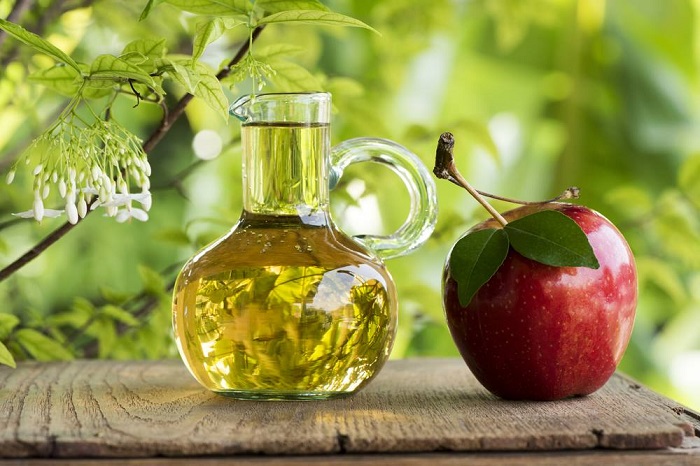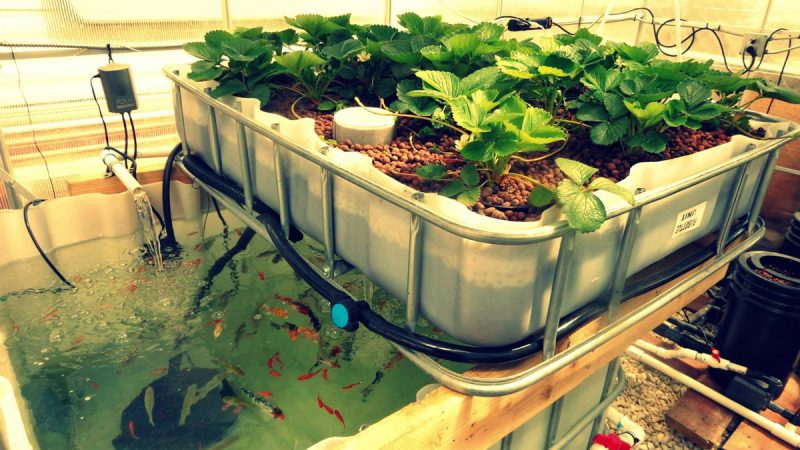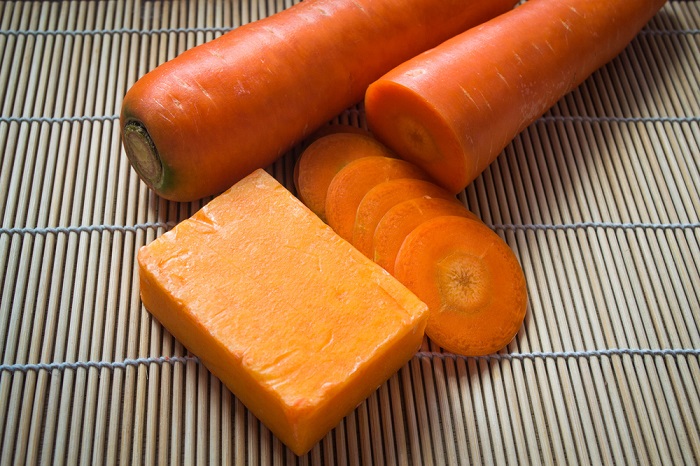Vinegar has a wide range of uses, and in addition to its uses in the kitchen, it can also be of great help in the garden. It is an ingredient that has great versatility, which can be used to solve many common problems that the garden commonly presents, and even when cleaning the home. Keep reading our article that will give you 12 tips on how to use vinegar for the garden and make this article for the home, more useful than ever.

Using vinegar for the garden in these 18 ways goes a long way.
By using vinegar for the garden, you are using one of the best ways to keep your garden in good condition, if you use it properly. For example, it can very effectively supply commercial fertilizers that are loaded with many harmful chemicals and that endanger our health and are quite expensive, and on the other hand, vinegar is affordable and environmentally friendly.
Thus, the uses of vinegar for the garden are many and varied. Here are 18 ways you can use vinegar in your plants, flowers and all kinds of herbs, including your work tools.
1. To grow beautiful azaleas, plants with preference for acid soils.
Azaleas grow better when they are in soils with a more acidic pH, for this reason, watering the plants occasionally with a mixture of a quarter of water with two tablespoons of vinegar stimulates the growth of these types of plants.
2. Increase the acidity of the soil.
This is used to increase the acidity of sleep, by adding a cup of vinegar to a gallon of water. This procedure is important for the growth of various plants such as the aforementioned azaleas or gardenias. In addition, this is responsible for releasing a mineral as important for plants as iron.
3. Neutralize garden lime by using garden vinegar.
Garden limescale can be neutralized by rinsing your hands after working in it. Using this remedy, you can avoid having rough skin, as well as flaking caused by lime. Excess lime can be removed when transplanting a pot by rinsing them beforehand.
4. Natural herbicide to remove weeds in unwanted areas.
Spraying the vinegar directly on those herbs that you want to remove is a very effective way, the purity of this eliminates them and prevents them from appearing for a certain time. Adding a pinch of salt to this mixture can prolong the effectiveness. This dose can be repeated in case it warrants it, but with a great benefit unlike other herbicides, which is safety for the person and the environment.
5. Extend the life of flowers.
For those who like to cut flowers and keep them in a vase as decoration, this mixture will help to keep the flowers alive for longer, preventing them from wilting. You only need to add 2 tablespoons of vinegar and 2 of sugar in a liter of water, and incorporate this mixture in the vase of preference. Finally, it will be necessary to trim the stems and change the solution in periods of 5 days.
6. Potted plants.
It is possible to fertilize the plants in the pots and purify this water with the addition of a special solution, using vinegar for the pots. For the mixture, use 2 tablespoons of apple cider vinegar for every three liters of water, and once it is ready, it is watered with this mixture on the pots.
7. Refresh the flowers by using vinegar.
In order to refresh the flowers, 2 tablespoons of vinegar with 1 teaspoon of sugar should be added to each liter of water. In addition, the flowers can be preserved in the vase by adding two tablespoons of vinegar and three tablespoons of sugar per liter of warm water. Flower stems need to be three to four inches submerged.
8. Clean garden tools.
Those people who are fussy about cleaning can also use vinegar to clean and remove fungus from garden tools whenever necessary. This form represents a simple, safe and natural way to clean garden equipment, without the need for other higher cost products. A mixture of water and vinegar is used in a ratio of 10 to 1.
9. Eliminate slugs and snails.
Finally, this remedy can be used by directly spraying the plants with the purpose of eliminating snails and slugs, this is a simple way to keep the vegetables free from bites.
10. Eliminate fruit flies.
Using garden vinegar kills fruit flies. To keep fruit flies and house flies at bay, you need to mix half a cup of apple cider vinegar, a tablespoon of molasses, a quarter cup of sugar, and a cup of water.
Then, pour the mixture into a suitable container and hang it on the fruit tree. Fruit flies will be caught in it as soon as they try to go over the mix.
11. Fight against fungus.
Mold or fungus can stunt your plants and leave dark spots on their stems and leaves. However, vinegar can help in this case as well. All you need to do is make some chamomile tea and add 2 teaspoons of vinegar. Next, pour the mixture into a spray bottle, and spray your plants.
This will boost the growth of your plants. However, if you are growing roses, add 3 tablespoons of apple cider vinegar to 4 liters of water, and spray the roses to combat the fungus.
12. Prevent pests and keep cats away by using garden vinegar.
The smell of vinegar is just horrible for cats, dogs, rabbits, moles, and rodents, so if you sprinkle some white vinegar around the garden, you’ll keep them at bay. Also, you can soak some old clothes in vinegar and place them on stakes around the garden.
13. Eliminate Ants.
It is definitely one of the most powerful organic insecticides, so you can spray the vinegar all over the house to kill ants. Repeat after a couple of days to make sure all the ants are gone.
14. Eliminate unwanted weeds.
Vinegar can be used in walks and some access roads to eliminate unwanted weeds , as well as weeds that are in the rest of the garden, it is necessary to spray it on it until it dies.
15. Eliminate garden insects.
In a spray bottle, mix 3 parts water, 1 part vinegar, and a teaspoon of detergent, and spray to combat garden bugs.
16. Removes rust from garden tools.
You can dip the tools in some undiluted vinegar or just spray it on the tools, and rinse well to clean them of rust.
17. Clean the clay pots.
Clay pots look attractive in the garden, but they also preserve soil moisture and thus protect the roots during the summer. However, they also absorb salt and minerals from the water; you need a little vinegar to clean them and make them good to use again.
Initially, rub off the crunchy or sticky, hard residue. Next, add a cup of 5% vinegar to 3-4 cups of water and rub the pots and leave them like that for half an hour. Clean up any remaining residue with a little undiluted vinegar.
18. Seed germination.
Using white vinegar can help speed up seed germination, especially for okra, moonflower, asparagus, and seeds that don’t germinate easily.
You should rub the seeds with the coarse sandpaper the night before you plant them. Next, mix 125 ml of vinegar, 500 ml of warm water and a little liquid detergent. Soak the seeds in this mixture, and plant in the morning.








